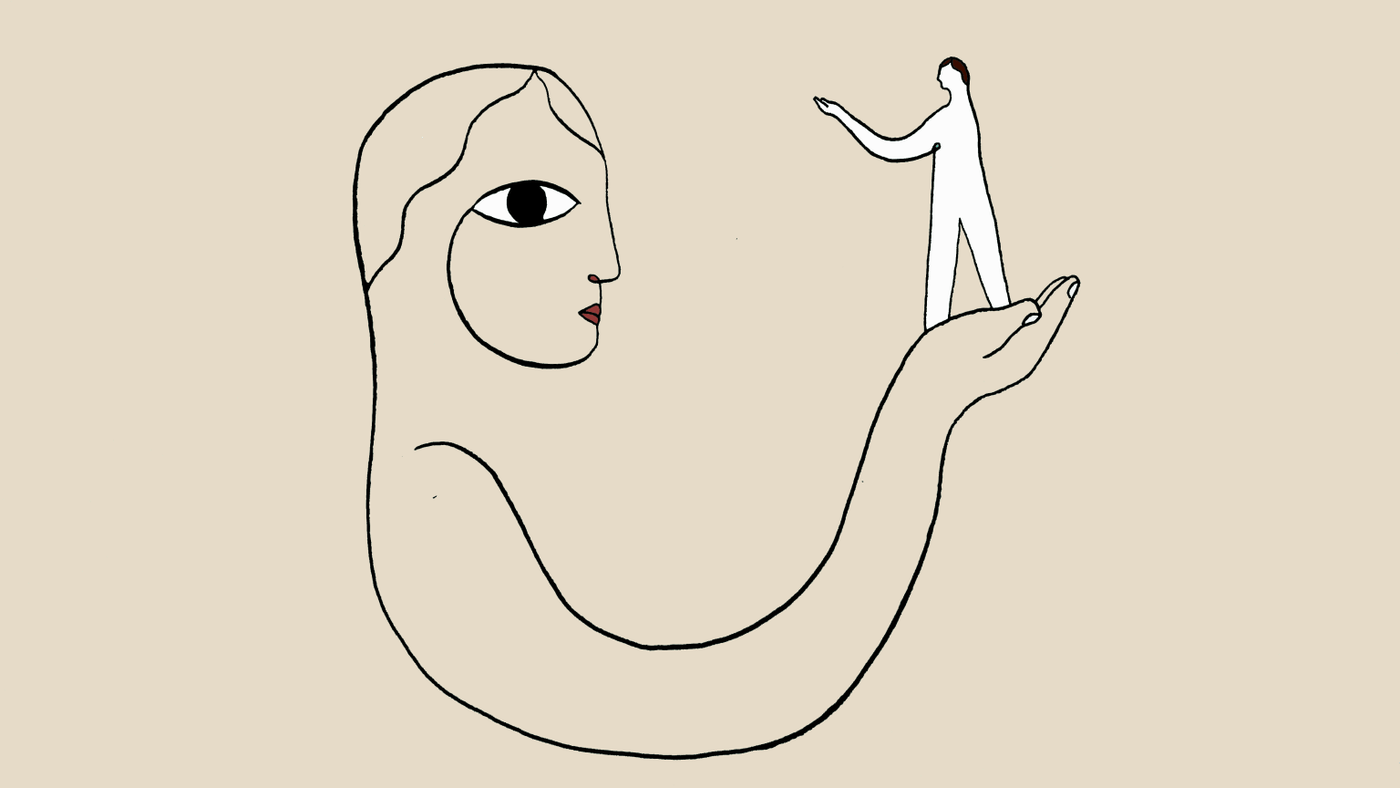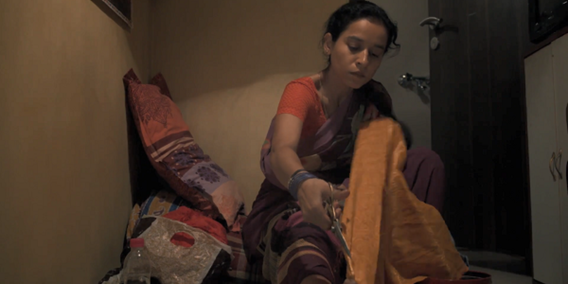Vicarious trauma is defined as indirect trauma that can occur when we are exposed to difficult or disturbing images and stories second-hand.
Usually seen among professions like the police force, fire-fighters, mental health workers, or doctors and nurses, this secondary trauma occurs after listening or being exposed to traumatic stories of other people, or even looking at disturbing images.
During the pandemic, various health professionals – nurses, doctors, mental health professionals, physiotherapists, all showed signs of vicarious trauma. Among psychotherapists, research showed that professionals who were younger, had less professional experience, and had negative online treatment experiences were more likely to experience trauma of their client vicariously.
In 2021, where there are many many volunteers joining hands to help people – whether that’s helping them find oxygen, beds or ration, or just supporting people who have experienced trauma, the chances of these volunteers experiencing vicarious trauma is also high.
Constantly looking at news, listening to stories, and feeling helpless has led to a constant state of distress. We are all in survival mode, without any sense of control or order. The need to empathise and help (which is not a bad quality at all) is making us feel distressed, guilty, or even helpless and hopeless.
These might be some of the symptoms of vicarious trauma you are experiencing:
– Extremely worn down, tired, exhausted, fatigued all the time
– Having a low sense of control or even looking for control or perfectionism
– Questioning your belief systems a lot
– Blaming yourself
– Having a lot of anger outbursts or feeling frustrated
– Hyper-sensitivity or insensitivity (numbing) towards news, posts, stories
– Increased cynicism or scepticism
– Disruption of the current worldview and belief system, having irrational fears
– Getting flashbacks or dreams of the traumatic images or videos
– Feeling the need for company all the time or being alone all the time
– Dreading the news, new information, talking to more people
– Inability to nurture other aspects of life (cannot stop thinking about what is happening)
There are more terms used in psychology for what you are feeling, whether that’s burnout, compassion fatigue or vicarious trauma. Compassion fatigue refers to erosion of emotional state and the constant need for a break, while burnout is the feeling of powerlessness and hopelessness. All of these also lead to vicarious trauma in itself. Here, the difference that remains is that people who feel vicarious trauma have a change in worldview and their belief system – which is more prolonged and remains with us for a long time.
If you are reading this and saying, “Yes, this is me, but what am I supposed to do if I am living through this pandemic and being affected? I want to be able to help people and I do not know what to do”, I understand and that is valid. Everything that all the volunteers and people on social media are doing to amplify and help others is brave and it is heart-warming to see such immense support and love from even unknown people on the internet. With all the hours of sleepless nights, so many stories & tweets posted and reposted and so many calls made, you have made a difference. Even through the burnout, compassion fatigue, and vicarious trauma, you have helped. That, in itself, is a source of hope.
Yes, that matters. But taking care of yourself also matters. This does not have to mean that you stop helping or supporting others, this just means that you acknowledge yourself and self-care that is required at this time.
Here are some ways you can help yourself in the midst of helping others:
Identify: Even if not actively doing something about it, identify specific tasks that are making you feel a certain way. If your answer to “What is making you feel burnt out?” is “this pandemic!!!” – dig deeper. What part of it? Is it the exposure? The feeling of lack of support? The feeling of lack of control?
Another source of this trauma can come from personal experience or direct connection to the trauma. If that is a loss of a loved one, previous triggers of anxiety, panic attacks, history of emotional, physical or sexual abuse or any sort of personal vulnerability.
[If you do feel like it is a major concern which you have kept on the sidelines to deal with the issue at hand (i.e. the pandemic), please do seek professional help. These concerns might snowball with time & exposure to new traumatic experiences.]
Balance: As hard as it sounds to be living in lockdown and to distract yourself from the current socio-political scenario, it is important to do so. Even if just for an hour – indulge in activities that will allow you to self-soothe. A long bath, an afternoon siesta with scented candles, journaling, reading a book or watching your favourite The Office episodes. Your process of taking care of yourself will also allow you to help better.
Seek support and help: Let others help you out too. If you feel like all of it is overwhelming you, take a break and ask other people to help you out instead. Create a group of people so the work can be delegated amongst the group instead of one person taking on the load.
Social media breaks: As much as social media is a boon this year, taking a break from all of it might allow you to ground and come back to the now. The media is full of information overload. Be honest with yourself about how much you can consume and how much you can give back. For example, after every 5 stories or posts you see related to the virus, take a break from the app for half an hour.
Seek professional help: Again, let others help you out. Feeling this level of trauma, burnout or fatigue is not what our body is used to. We are in the middle of a major crisis and are constantly in survival mode. If that is support calls, therapy or group work, please do reach out and talk about your own feelings in this crisis that you are living in.
I understand that help is required out there and it is urgent. Social media was our escape, now it is our SOS. But help yourself in the process as well. Think of helping as running in a marathon – slow jogs and steps to allow for more space, to breathe and to energise, and help more in the long run – instead of sprinting, where you will be out of breath and feel tired sooner and more often.


 Sarika believes she has learnt the most about life from talking to people around her - having meaningful conversations, understanding different experiences & perspectives. She also loves sunsets, coffee and cats as much as she loves great conversation. Her research interests are ever-changing and ever-growing: she’s curious about a lot of things but mental health awareness always remains priority. Apart from talking and making an extensive list of things to research, Sarika loves spending her day reading books, baking, learning new skills, and making videos.
Sarika believes she has learnt the most about life from talking to people around her - having meaningful conversations, understanding different experiences & perspectives. She also loves sunsets, coffee and cats as much as she loves great conversation. Her research interests are ever-changing and ever-growing: she’s curious about a lot of things but mental health awareness always remains priority. Apart from talking and making an extensive list of things to research, Sarika loves spending her day reading books, baking, learning new skills, and making videos.




